Honda reveals hydrogen strategy
Honda has published its future strategy for hydrogen fuel cells, which primarily involves commercial and heavy-duty vehicles. The Japanese automaker envisages the further development of the FC system developed in collaboration with General Motors – targeting durability and radically reduced cost. The fuel cell system should be available to third parties from the mid-2020s onwards
Honda is currently in the process of developing a next-generation fuel cell system with General Motors. The goal is to reduce costs to one-third and double durability compared to the FC system installed in the 2019 Honda Clarity Fuel Cell. Once the system has been improved, Honda aims to follow up and again “double the durability and halve the costs.”
Honda has identified four core domains for the utilization of its fuel cell system: fuel cell vehicles (FCEV), commercial vehicles, stationary power stations and construction machinery, and will actively engage in collaboration with other companies. These kinds of collaborations appear to be quite diverse, including the collaboration with General Motors, Honda is collaborating on hydrogen supply and refuelling as well as making the system available for third parties.
Honda has already made some investments in hydrogen in the passenger car segment and has already announced a fuel cell version of the latest generation of its CR-V compact SUV in small series production for 2024. This appears to be a very small niche market for automobiles. The Japanese carmaker is simultaneously into its purely battery electric cars, of which it aims to release 30 electric car models by 2030. It is also catering to the smaller vehicle segments: Honda plans to introduce at least ten electric two-wheeler models worldwide by 2025.
Focus on Commercial FCEVs
As with multiple other carmakers who first started with hydrogen fuel cells for cars, Honda is now focussing on the generally excepted best-use-case of heavy-duty, long-haul applications in transport. In this vein, Honda says: “Due to the unique characteristics of hydrogen, which can store and transport energy at high density and fill the tank quickly, the fuel-cell system is expected to be particularly effective as a power source for heavily used large-size mobility products and large-scale infrastructure as well as for mobility products that require quick refuelling where it is difficult to be powered by batteries.”
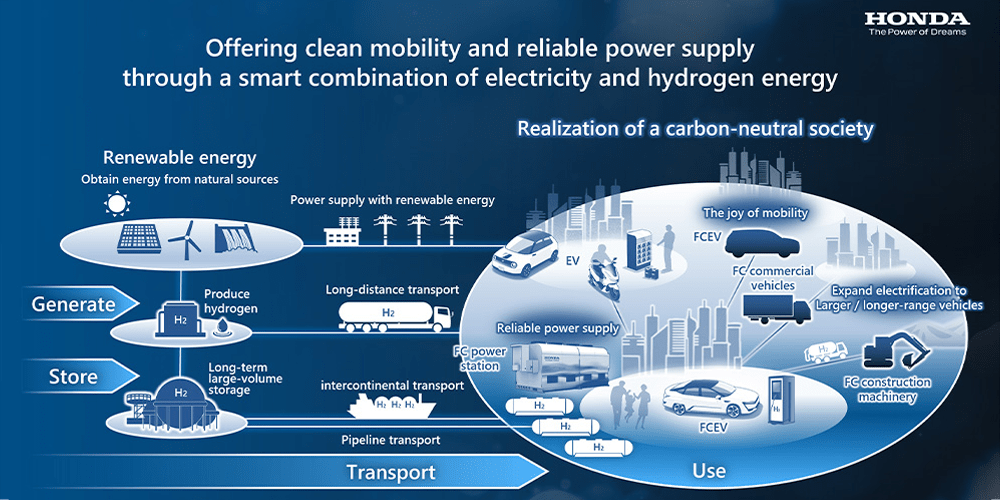
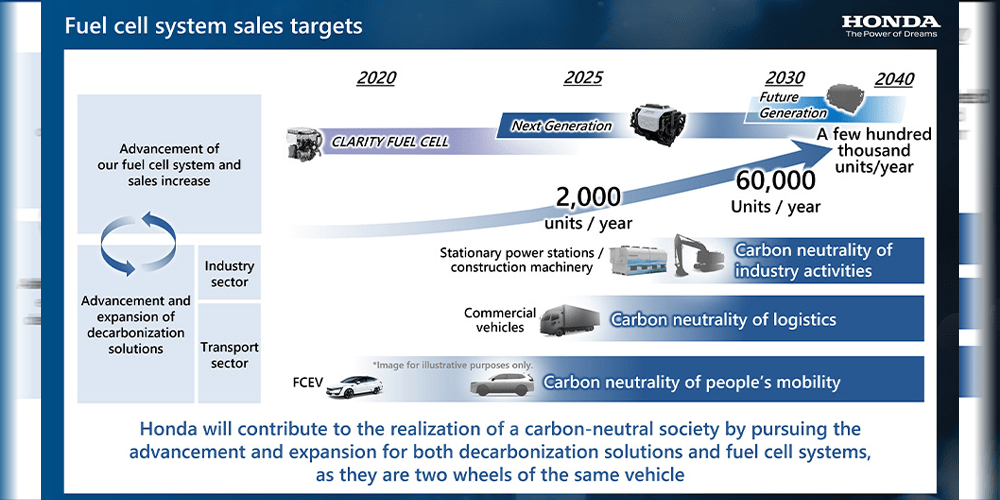
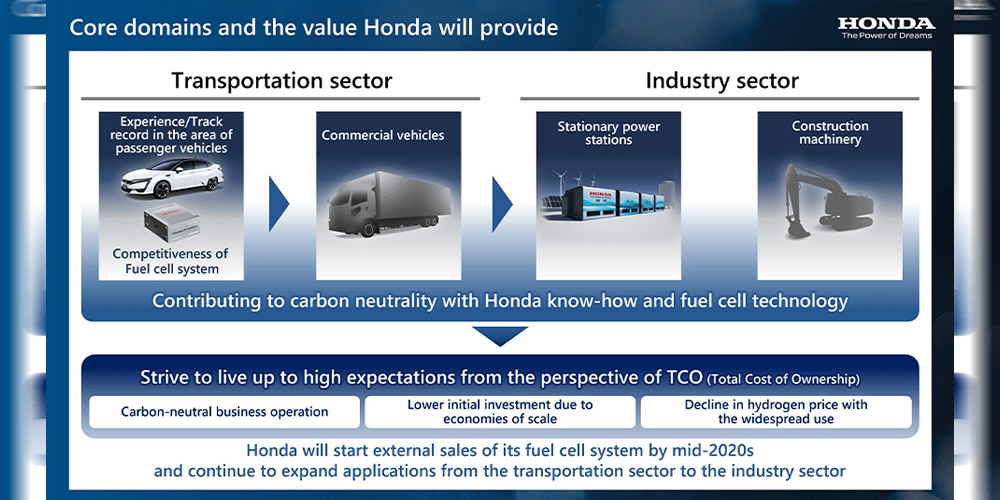
In the field of commercial vehicles, Honda plans to begin demonstration tests with a prototype H2 heavy-duty truck on public roads in Japan, which is being developed in partnership with Isuzu before the end of the upcoming 2024 fiscal year (which ends on 31 March 2024).
In China’s Hubei province, Honda began testing trucks equipped with the next-generation fuel cell system in January 2023 in collaboration with Dongfeng. Honda then plans to start selling its fuel cell system to third parties from the mid-2020s onwards. The initial plan is 2,000 units per year, 60,000 units per year by 2030, and several hundred thousand units per year from the second half of the 2030s.
Hydrogen supply
As with most companies working on hydrogen fuel cell commercial vehicles, an essential aspect is one of collaboration when it comes to the supply of hydrogen and hydrogen refuelling stations. Here, the company notes: “In order for more businesses to actively utilize fuel cell systems, it is important to solve issues such as reducing development investment and man-hours for installation, suppressing total cost and ensuring a stable and inexpensive supply of hydrogen.”
The plan here is for Honda to offer support and coordinate the supply of hydrogen by means of collaborations, whereby the automaker is then a “one-stop shop” for the entire ecosystem, or whatever elements of it are required. Honda will also offer its customers development support to adapt its fuel cell systems to their products.
The collaborations in hydrogen supply include supporting the expansion of hydrogen station networks in Japan by participating in the Japan Hydrogen Station Network Joint Company (Japan H2 Mobility/JHyM), and by supporting hydrogen station businesses such as Shell and FirstElement Fuel in North America. For Europe, Honda says it is “currently planning for demonstration testing of an energy ecosystem that combines renewable energy and hydrogen.”
Including reporting from Cora Werwitzke

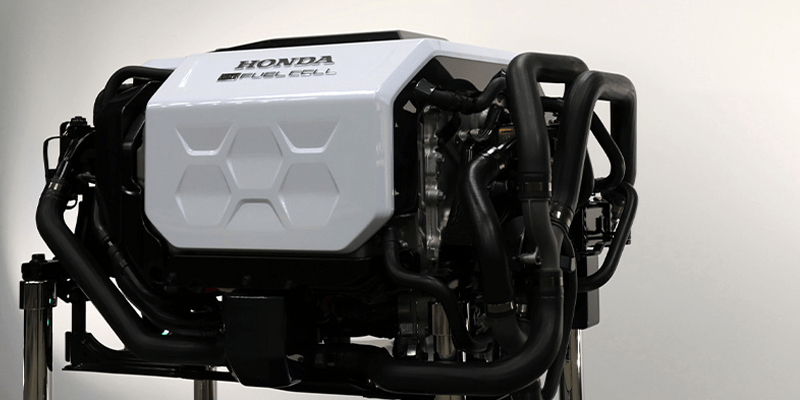
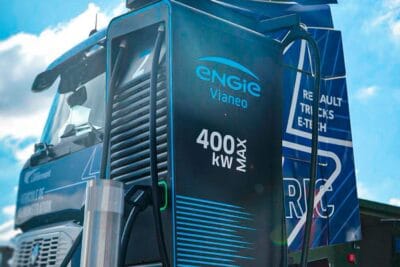
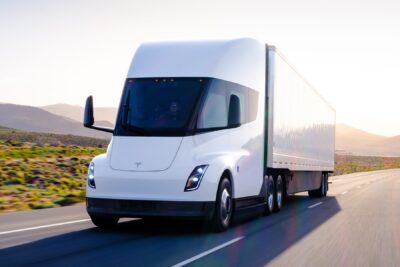
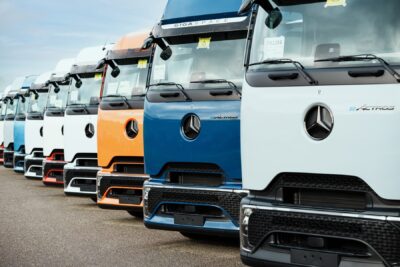
0 Comments